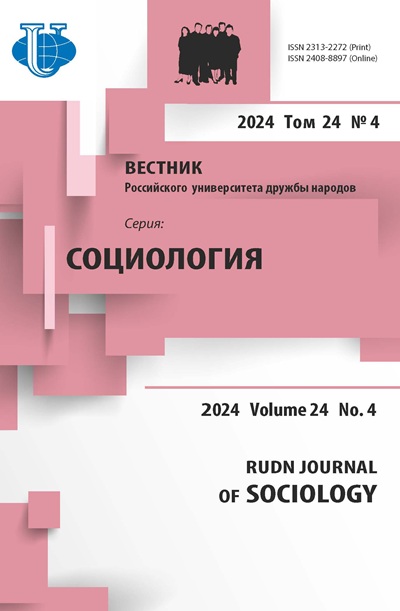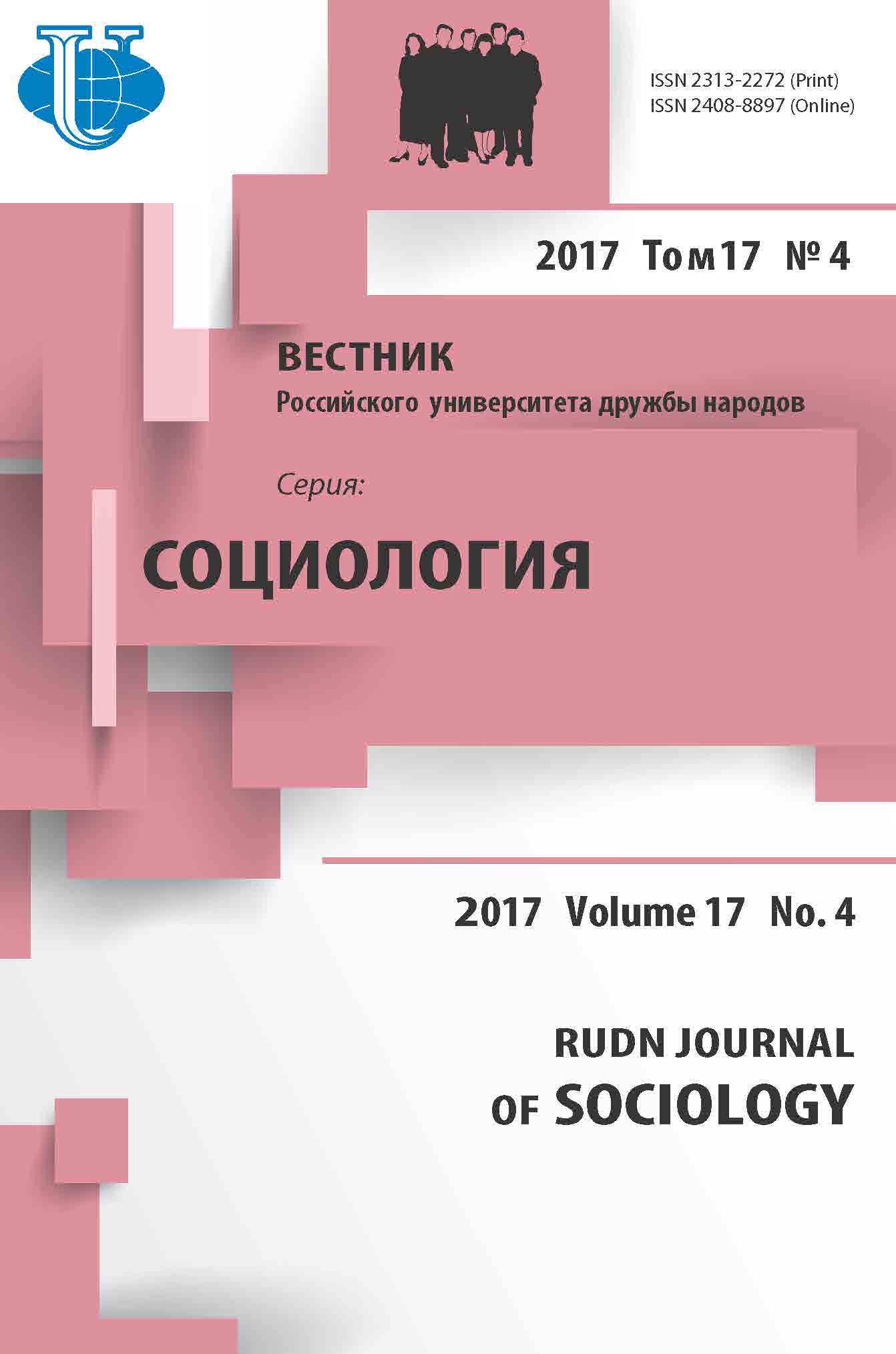Abstract
The article presents the results of the study of a new tourist practice in Russia - the so-called ‘couchsurfing’. The members of the social network Couchsurfing.com travel around the world and stay at other members’ homes for free if they use their homes in the same way. There is an obvious lack of data about this social phenomenon, which does not allow to define clearly its functions and to estimate its possible transformations in the future. Therefore, the authors conducted an analysis of publications on hospitality network and in-depth interviews with couchsurfers to define the features of the couchsurfing as a social practice. It is a set of actions and interactions of individuals, groups and communities, which perform important social functions. The couchsurfing possesses all features of social practices: reproduci-bility, generality, stability and normativity. Thus, common values of couchsurfers contribute to the solidarity within the community, to the high level of interpersonal trust and generalized trust. The main motives for participating in couchsurfing are search for self-identification and social ties (belonging), learning a foreign language, seeking for help and saving money. Despite the risks, the researchers and informants positively evaluate the couchsurfing practices, especially for the ways to ensure couchsurfers’ safety are improving, and the couchsurfing changes the lives of its participants by positively affecting their values and worldview. The couchsurfing constitutes an essential element of a new global system of hospitality that allows people to visit and socialize anywhere in the world.














